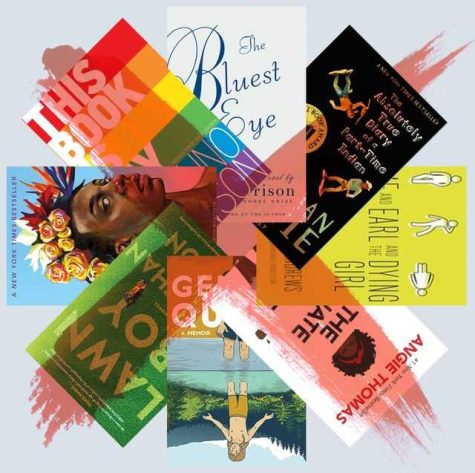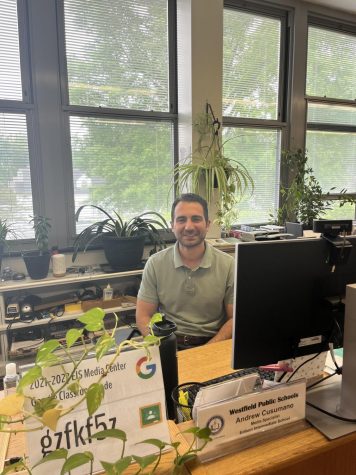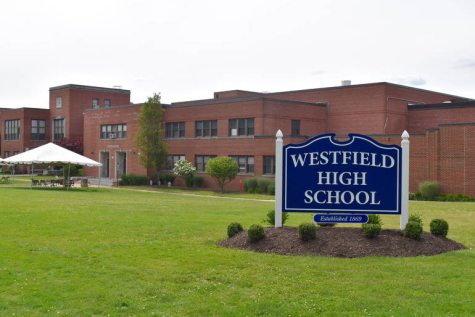Voter suppression; threatening our democracy

On October 21st, 2020, in St. Petersburg, Florida, an early voting site populated by a group of citizens looking to cast their ballots were joined by two more guests. However, this pair, dressed as armed security guards, weren’t there to vote. Rather, they were hoping to intimidate those who wanted to. A witness named Trevor Mallory said it made him uncomfortable and called it ‘voter intimidation.’ He said he was thankful that voters, including those with children, did not allow the presence of armed people to stop them from walking into the building to vote. ‘To me, that’s a little alarming, it’s a little unsettling… No one should have to encounter an armed guard that is not with the sheriff’s department or an official police department employee’” (Ellis). This was no isolated incident; for many Americans, casting their votes during this election season was restricted by racially motivated factors out of their control. Although voter suppression has become increasingly apparent in the elections this year, the fight to minimize the vote of marginalized groups has been existent for as long as our country has. Minorities may have been granted the right to vote, but the act of silencing their political voices and actions has continued into the twenty-first century.
Some of the most abhorrent cases of voter suppression in recent years took place during the 2000 election. The US Commission on Civil Rights decided to begin a case to give these oppressed voters a voice, and “during three days of hearings across Florida, the commission collected more than 30 hours of testimony from more than 100 witnesses under oath and reviewed more than 118,000 pages of documents” (Glanton).
Among these testimonies, countless horrific incidents were exposed, including deserted and dangerously haphazard polling places in diverse counties. Poll workers turned Black voters away with excuses they waived for white citizens. After their hearings ended, “the commission concluded that there were problems in nine of the 10 counties with the highest percentages of African Americans. These problems, the commission said, were ‘serious and not isolated’” (Glanton). Evidently, the voter repression in elections only a few decades ago signifies a deeper problem within the United States system. Despite voter fraud allegations, the real issue with elections is the current voter suppression demonstrated in the United States through polling location distribution, fights against mail in ballots, and outward threats to minimize the votes of minority groups.
In recent times, voter suppression has grown more insidious and better at hiding itself. One of the clearest examples is found in “the push to throw out mail-in ballots they deem as ‘illegal’ [by the GOP]… millions of Black voters in Philadelphia, Atlanta, Milwaukee and Detroit would be disenfranchised” (Glanton). As mail in ballots have been proven to be perfectly safe, discarding them is effectively minimizing the votes of marginalized groups that commonly vote by mail. This can result in a lack of representation in government that does not reflect the views of the majority of the country, which widens the partisan divide and harbors resentment on both sides. Overall, silencing minorities has been supported by the quest to throw out legitimate votes.
While distrust of mail in ballots has infiltrated the electoral process, another oppressive action was demonstrated in the distribution of polling locations. In a study of voting wait times across most of the major congressional districts in the United States,“ analysis found that voters in the very poorest neighborhoods in the country typically took longer to vote, and they were also modestly more likely to experience voting times of an hour or more” (Qualy and Parlapiano). This data may seem largely inconsequential; another twenty or thirty minutes in line appears to be irrelevant. In reality, longer waits signify, however unconsciously, that the votes of areas with lower incomes matter less than those of towns with Silicon Valley billionaires and Wall Street executives. In a true representative government, all people are equal, but how can we hold up our nation as the pinnacle of modern democracy if we fail to maintain the most essential principle of all?
Lastly, intimidation of marginalized groups has become increasingly prevalent in recent elections as “Earlier this month, two conservative operatives were charged with making false robocalls to residents in majority-Black Detroit saying that if they voted by mail, they could face debt collection and forced vaccination. Officials say residents in New York, Ohio, Illinois and Pennsylvania received similar calls…Some Black voters in Detroit also received literature in the mail falsely telling them they had until Nov. 10 to vote due to COVID-19 concerns, said Shannon Rochon, a local community organizer. Some of the mailers included a non-working Google phone number for voters to call for more information, he said” (Ellis). In addition, “armed militias [were] policing predominantly Black polling locations… [and] threatening emails signed by the Proud Boys that the US government alleges were a fraud perpetrated by Iran [have been] sent to voters in several states” (Demsas). These, among many other incidents, demonstrate the internalized racism perpetrating society that has led to some people believing that illegal activity is perfectly understandable if it results in the outcome they want. This is a toxic ideal system that can easily spread to other aspects of society. While the vast majority of the country hasn’t gone nearly as far as these intimidators, we have to acknowledge that similar ideals live amongst us in our current world, and they influence the way all of us see each other, whether we’re aware of it or not. As demonstrated in countless occurrences, voter suppression is upheld by not just larger systems and political figures, but individuals themselves.
Within the past few months, the United States has been plagued with insider allegations of voter fraud. These accusations speak of widespread criminal activity amongst voters in states like Georgia and Pennsylvania, which had minimal margins between the two presidential candidates. However, according to the Election Assistance Commission, along with countless other political figures and election experts, “The November election was one of the smoothest ever across the country… [This] is because 107 million people voted early, either in person or by mail. That helped take the pressure off the polling places, resulting in fewer opportunities for things to go wrong” (Glanton). This exemplifies that while voter fraud is a serious issue that should be investigated thoroughly, it’s essential to remember that these charges were taken to court numerous times and were discarded on every occurrence. Instead of focusing on votes that have been legitimized by courts of law, we need to look deeper at the systems that prevent people from casting votes in the first place.
To summarize, our current election system is rigged against the marginalized groups of our country. Through the unequal distribution of polling locations, attempts to throw away votes cast by mail and the numerous hurdles set up to oppress the voices of voters, these groups have been silenced again and again, both consciously and unconsciously. While there is no easy way to negate the internalized racism afflicting the United States and the world, we can work to create a more equitable representation of the country in elections. By assigning polling stations based on population density and demographics, voting in oppressed communities will become easier and faster, empowering more people to cast their ballots. However, the most essential step of all is to strive towards a government that acts in an unbiased and bipartisan manner when elections come into play, no matter what the individual views of politicians are, because voter suppression harms all of us, regardless of political parties. The right of the people to choose their own representatives free of outside interference is a cornerstone of democracy. Furthermore, fighting to equalize voting rights for every citizen is how we maintain the system that grants us that freedom and build a government that works for all of us.
Resources:
- https://abcnews.go.com/Politics/timeline-voter-suppression-us-civil-war-today/story?id=72248473
- https://www.britannica.com/topic/voter-suppression
- https://www.usatoday.com/story/news/nation/2020/10/29/2020-election-voter-suppression-looks-like-guns-lies-and-fires/6044702002/
- https://www.chicagotribune.com/columns/dahleen-glanton/ct-glanton-trump-voter-fraud-voter-suppression-20201116-tgkjzi25s5ajbc6pcjdghb4vv4-story.html
- https://www.nytimes.com/interactive/2021/01/04/upshot/voting-wait-times.html?searchResultPosition=1
- https://www.usatoday.com/story/news/politics/elections/2020/10/01/michigan-ag-charges-right-wing-election-felonies/5886898002/
- https://www.vox.com/21534660/long-lines-voting-voter-suppression-election-2020




